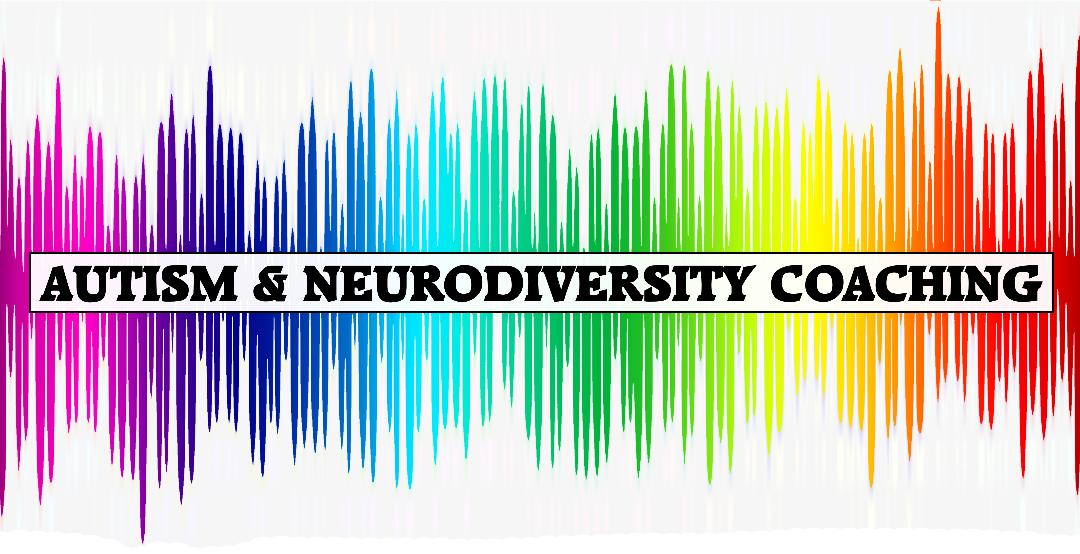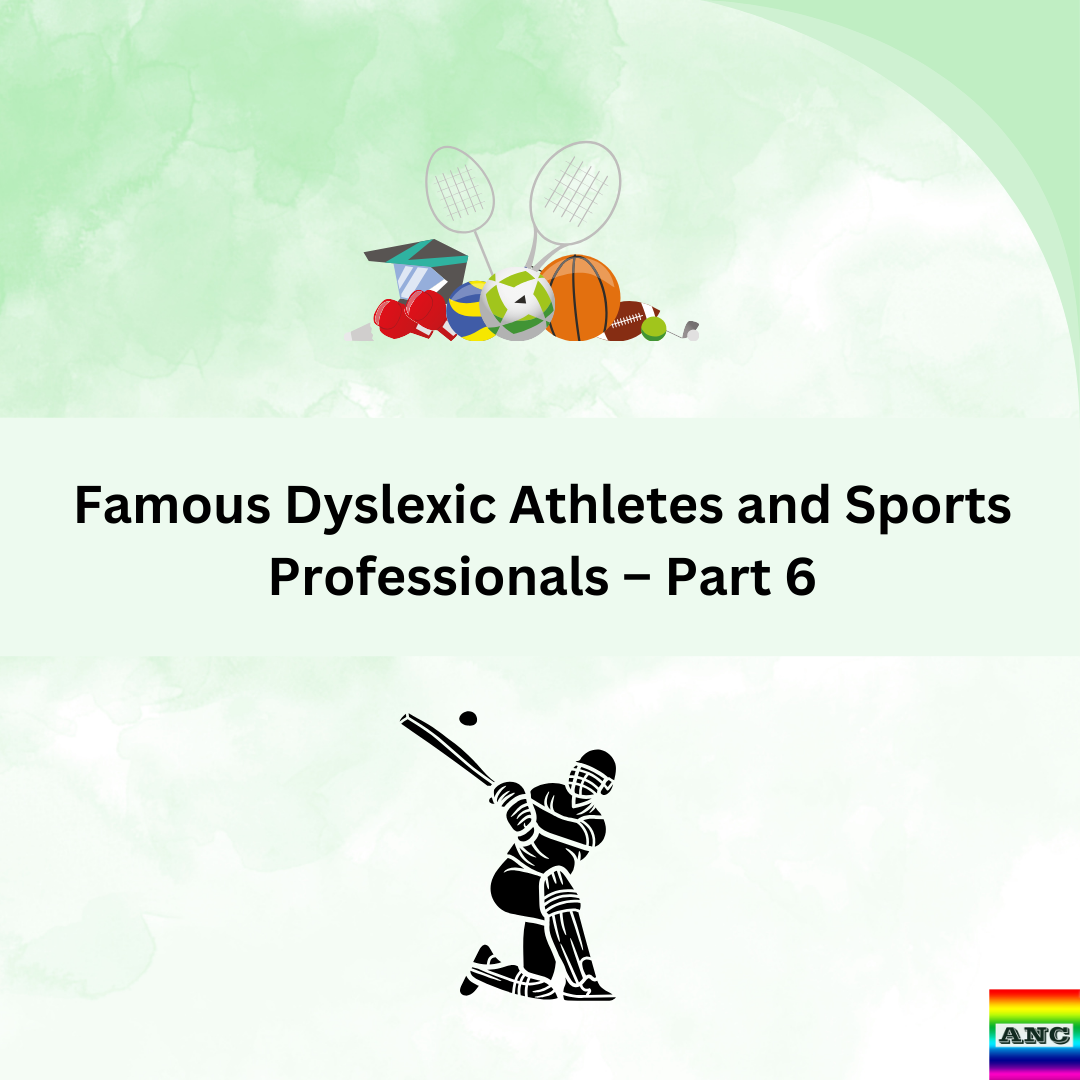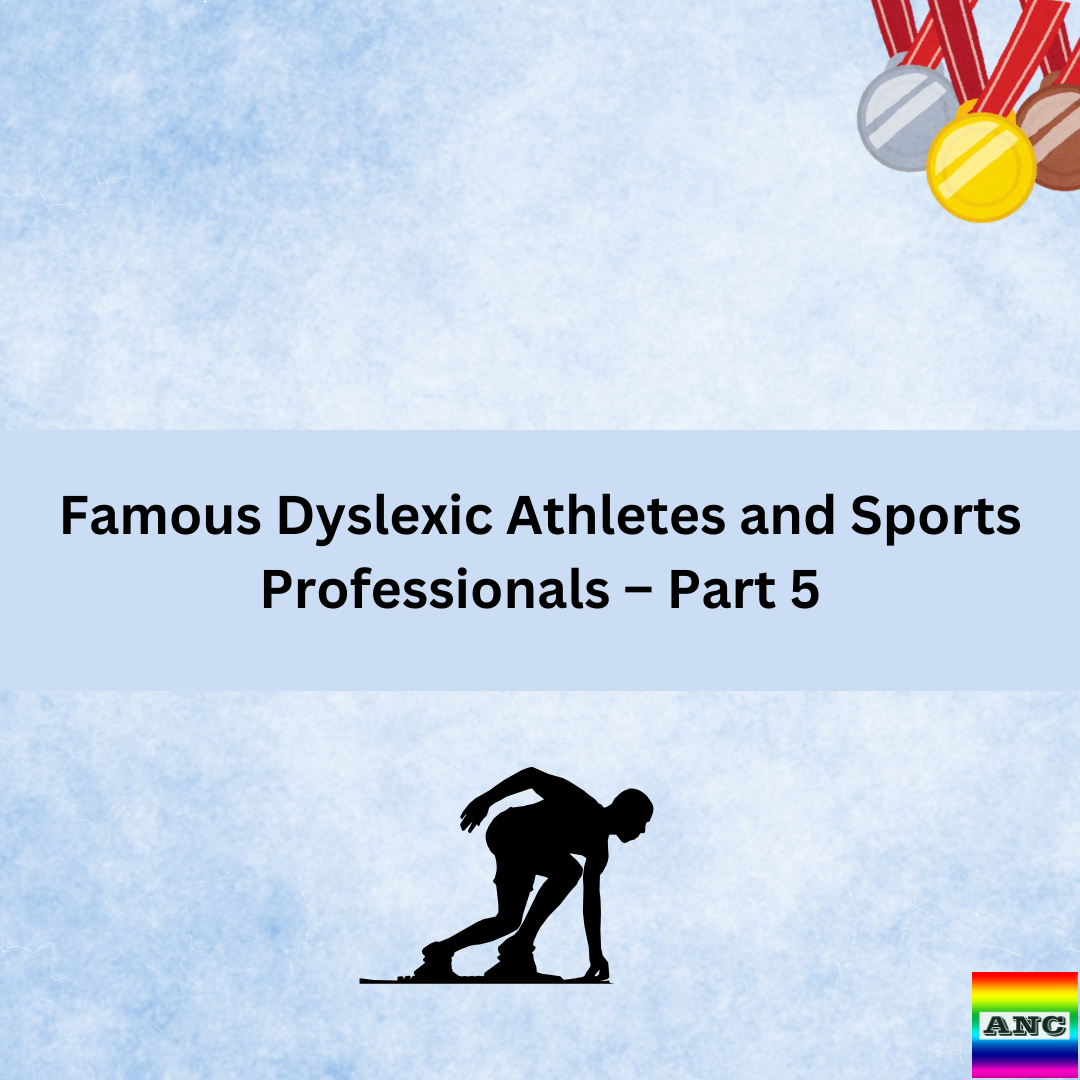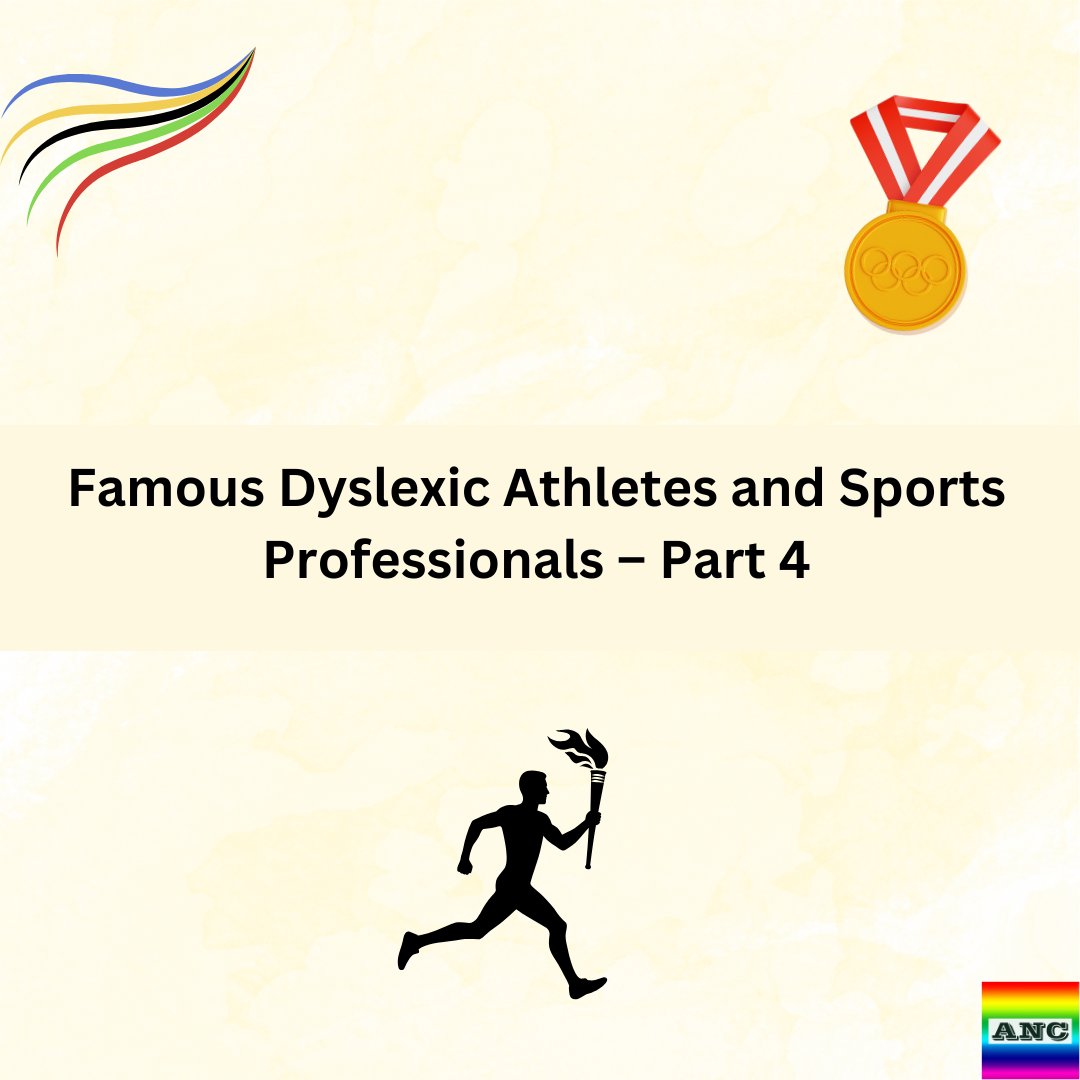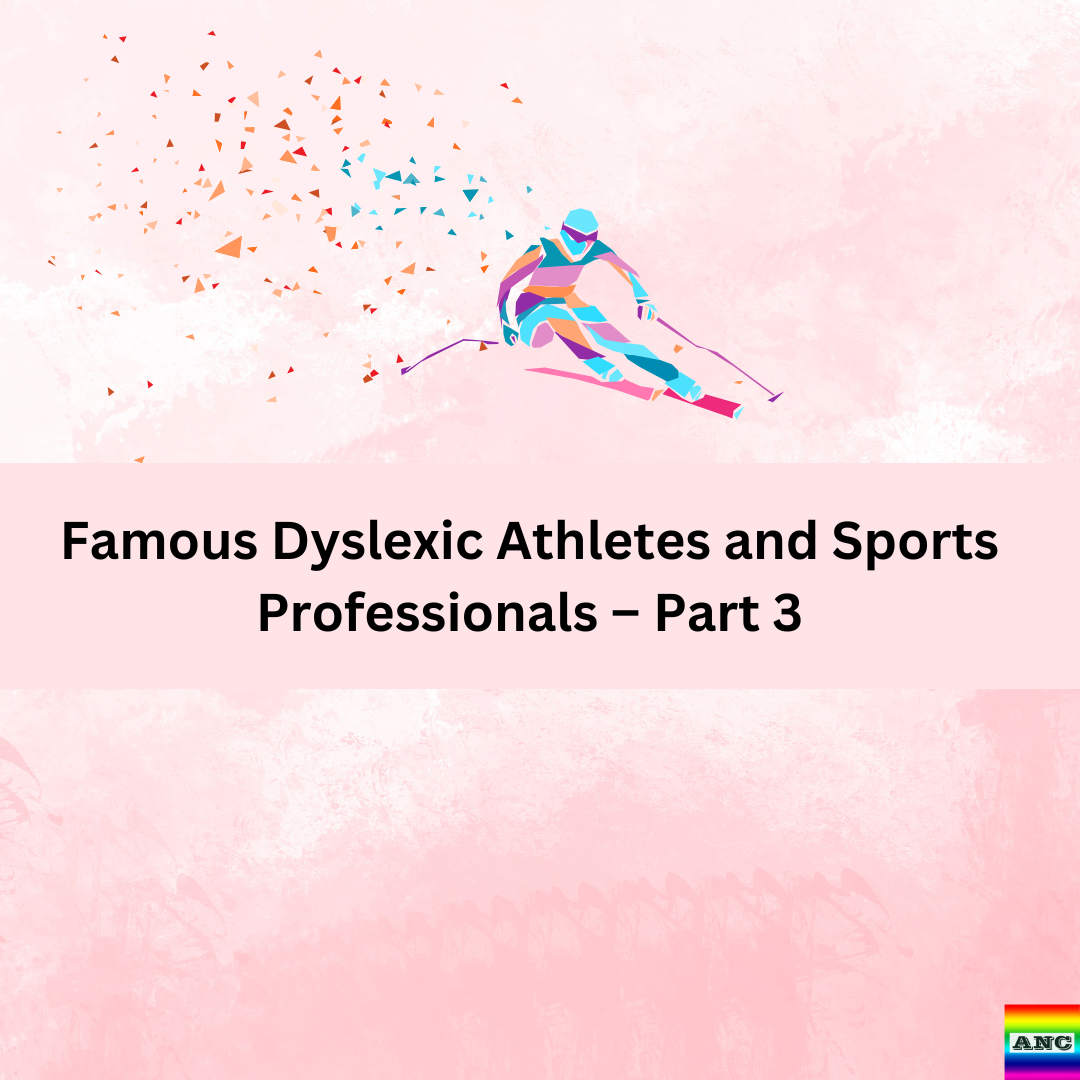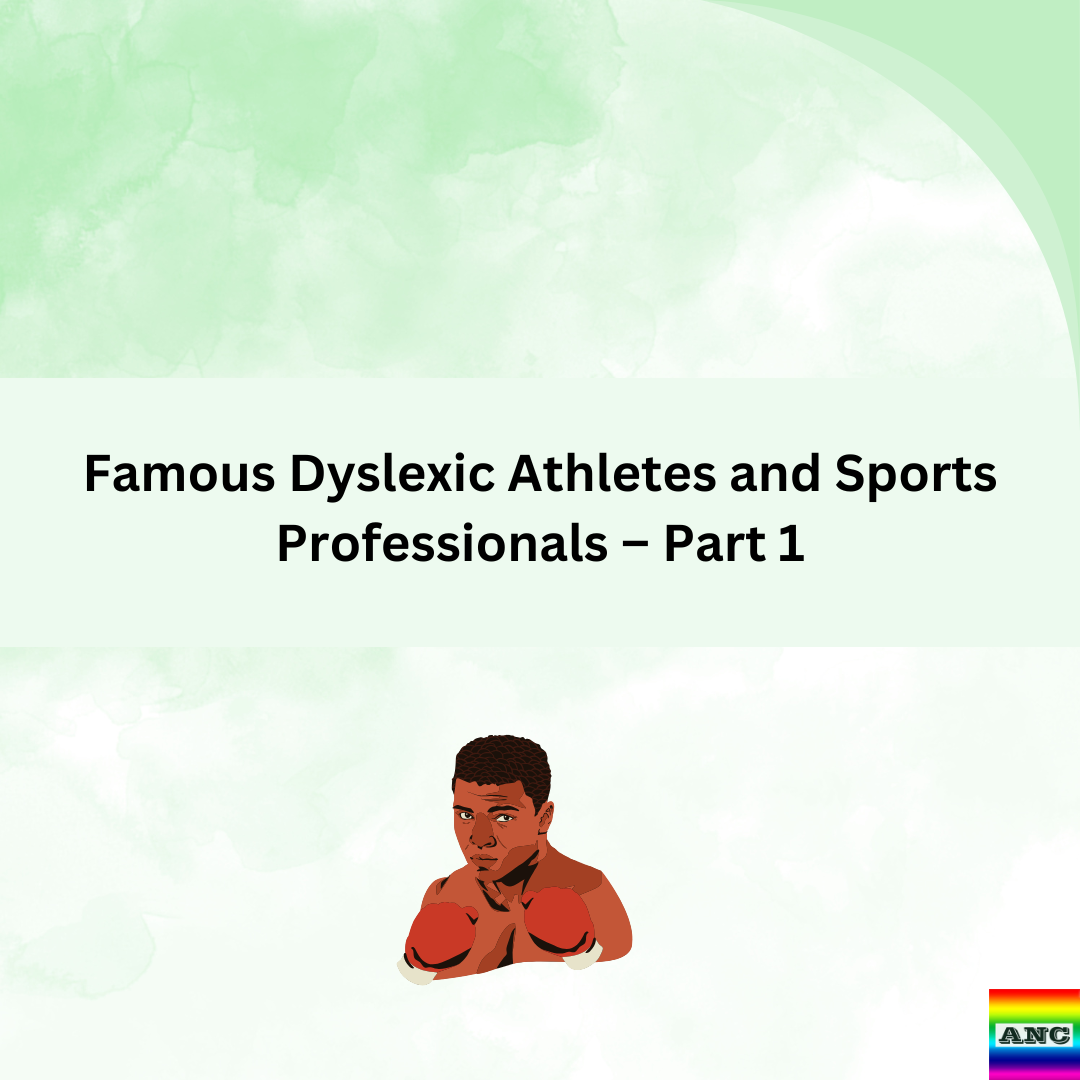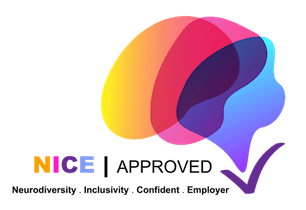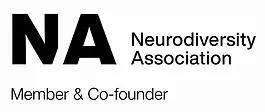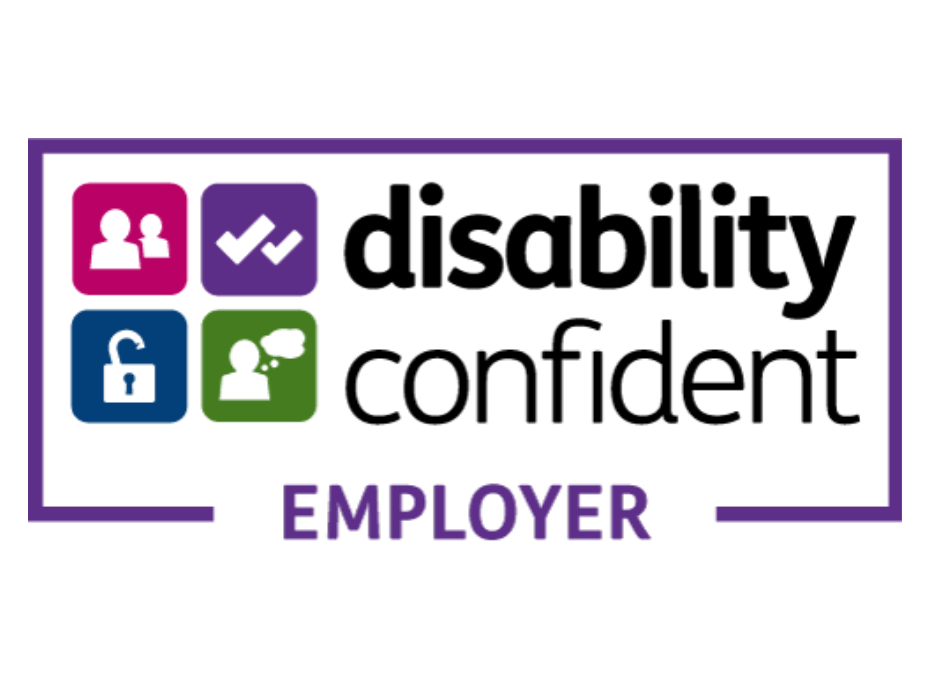Focus on Strengths, Not Deficits
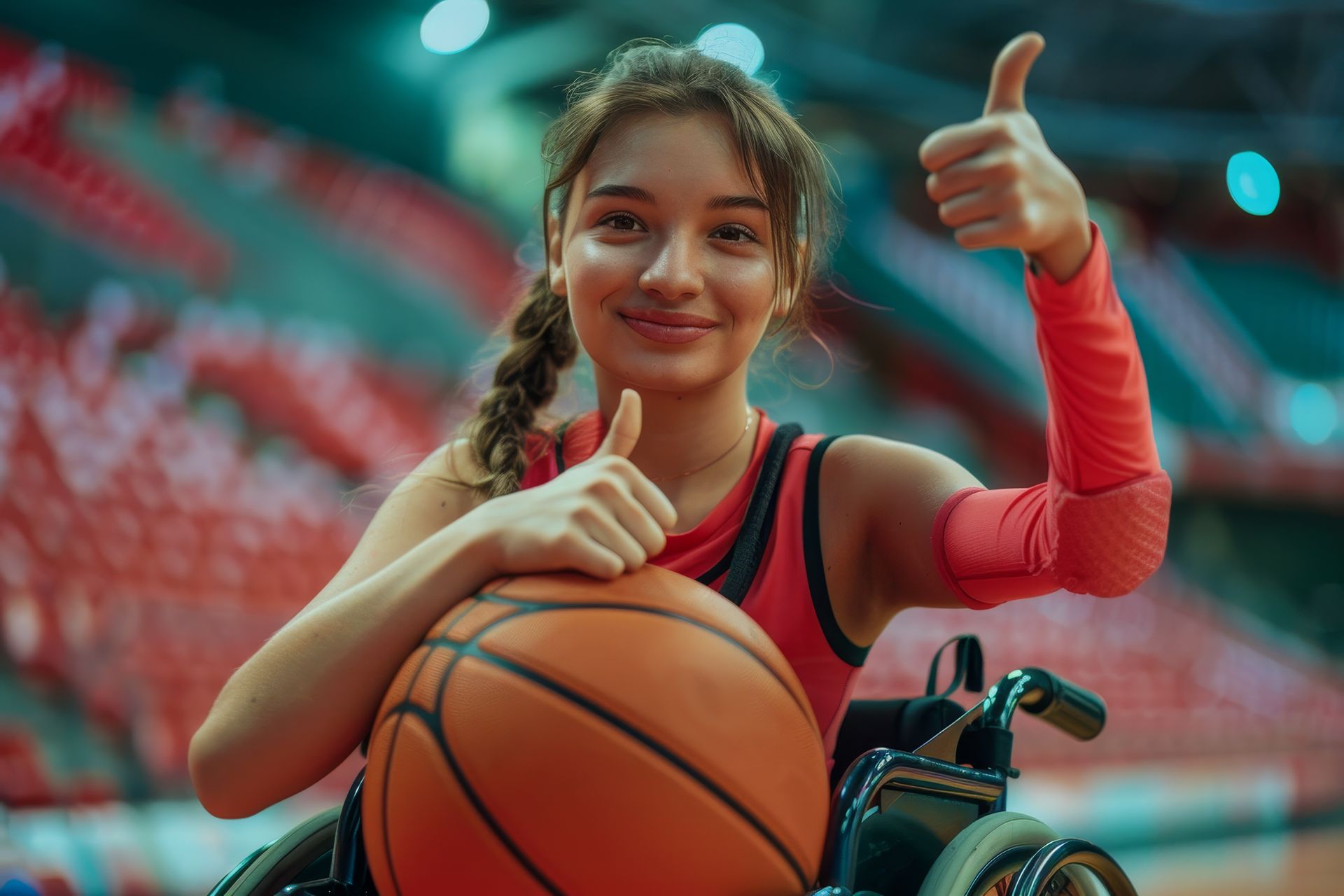
One of the most important shifts in understanding dyslexia, especially in the context of sports, is the focus on strengths rather than deficits. Traditionally, dyslexia has been viewed as a learning disorder that requires intervention to correct perceived weaknesses. However, a growing body of research and testimonials from successful dyslexic athletes suggests that focusing on strengths—such as spatial awareness, creativity, and problem-solving—can lead to greater success in sports.
By reframing dyslexia as a difference rather than a deficit, coaches and trainers can design programs that leverage the natural abilities of dyslexic athletes. This could include using visual aids, encouraging experimentation with different techniques, or allowing athletes more autonomy in how they approach training. When dyslexic athletes are supported in this way, they often exceed expectations and become leaders in their fields.
Rising Recognition and Support for Neurodivergent Athletes
The sports world is becoming increasingly aware of the value of neurodivergent athletes, including those with dyslexia. Sports organisations, schools, and training programs are starting to implement strategies that cater to diverse learning styles, ensuring that athletes with different cognitive profiles can thrive.
For instance, some programs are incorporating more visual-based coaching techniques, such as video analysis, diagrams, and physical demonstrations, which can help dyslexic athletes grasp concepts more effectively. Others are providing individualised learning plans that allow athletes to progress at their own pace, focusing on their unique strengths and areas for growth.
This rising recognition is not only helping dyslexic athletes excel in their chosen sports but also creating a more inclusive sporting environment. As neurodivergent athletes continue to break records and challenge stereotypes, they serve as role models for the next generation, demonstrating that diversity in thinking can be a powerful asset.
The Future of Sports: Embracing Neurodiversity
The future of sports is bright, with an increasing emphasis on embracing neurodiversity. Dyslexic athletes and those with other neurodivergent traits are leading the charge in showing that there is no one “right” way to think or perform. By highlighting the strengths associated with dyslexia—such as creativity, adaptability, spatial awareness, and resilience—the sports world is evolving to be more inclusive and diverse.
As more coaches, trainers, and sports organisations adopt practices that cater to different learning styles, the potential for dyslexic athletes to excel is boundless. Whether through tailored coaching, innovative training methods, or simply by celebrating the unique qualities that dyslexic athletes bring to the field, the sporting world is moving toward a future where neurodiversity is seen as a competitive advantage.
Dyslexia as a Key to Sporting Success
Dyslexia, once viewed solely through the lens of difficulty and struggle, is now being recognised for the incredible advantages it can bring to the world of sports. From enhanced spatial awareness and problem-solving abilities to creative thinking and resilience, athletes with dyslexia are proving that their unique way of processing information is a powerful asset on and off the field.
As awareness grows and support systems are put in place, the future holds even more opportunities for dyslexic athletes to shine. Their journeys not only break down barriers but also inspire others to see dyslexia not as a limitation but as a strength. By embracing the potential of neurodiversity, the sporting world stands to benefit from a richer, more inclusive pool of talent—where every athlete, regardless of how they think, has the opportunity to succeed and thrive.

